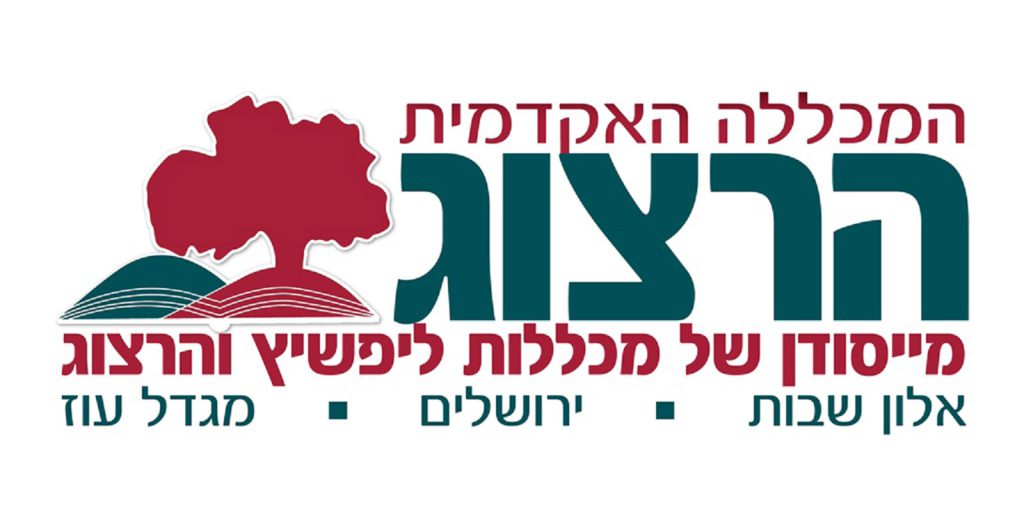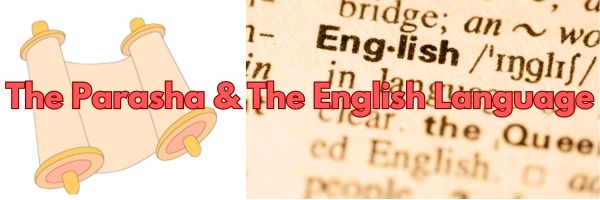Parashat Shemot marks the beginning of Am Yisrael’s journey toward Eretz Yisrael. In this parasha, we encounter one of the Bible's most enduring phrases: “a land flowing with milk and honey.” This expression found a place in modern English as a metaphor for an idealized destination or state of being. For example: “Many Mexicans regard the United States as a land of milk and honey.”
This metaphorical use has found its way not only into political rhetoric but also into literature and music, as a way to express hope, aspiration, and the promise of a better future. In 1984, Yoko Ono released the album “Milk and Honey,” recorded during the last sessions before John Lennon's tragic death. The album title carries a yearning for peace, love, and an ideal world—much like the biblical aspiration for the Promised Land. In 1979, the Israeli band Milk and Honey won the Eurovision Song Contest with their song “Hallelujah.” The Australian writer Elizabeth Jolley wrote a novel with this title, set in rural Australia. The story follows the lives of several characters who are seeking their own "land of milk and honey"—a place or state where their dreams of happiness and prosperity might be realized.
Ultimately, the phrase “land of milk and honey” continues to resonate in modern culture because it encapsulates a universal human longing for a better, more prosperous, and fulfilling place or state of being—a place where our highest hopes and deepest yearnings can find their true home.


